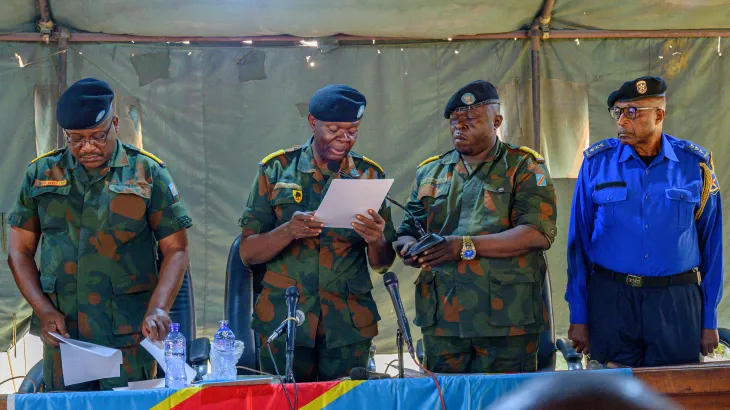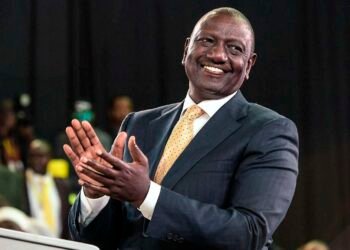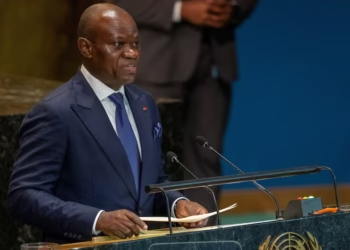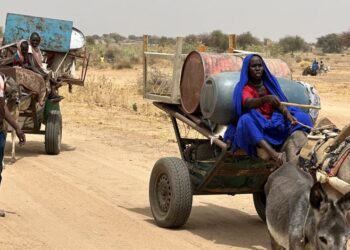A military court in the Democratic Republic of the Congo (DRC) has sentenced 26 individuals to death for their involvement in armed groups, including the infamous M23 rebel faction.
This decision follows a high-profile trial that began late last month, sparking widespread attention due to the prominence of some of the accused.
Among those condemned is Corneille Nangaa, the leader of the Alliance Fleuve Congo (AFC).
He was found guilty of war crimes, participation in an insurrection, and treason. Nangaa, along with 20 other defendants, was sentenced to death in absentia as they remain fugitives.
The court’s president announced that the five defendants present during the trial had five days to appeal the sentence. This comes after the prosecution, which initiated proceedings on July 24, called for the death penalty for 25 of the defendants and a 20-year prison term for another.
Nangaa, who once served as the president of the DRC’s electoral commission, launched the AFC political-military movement in December with the stated aim of uniting armed groups, political parties, and civil society against the government.
The AFC’s ranks include the M23, a group accused of mass killings and other atrocities in eastern DRC’s protracted conflict.
The trial also spotlighted key M23 figures, including its president Bertrand Bisimwa, military chief Sultani Makenga, and spokespeople Willy Ngoma and Lawrence Kanyuka.
These individuals, deeply entrenched in the group’s operations, face severe consequences if apprehended.
From an undisclosed location, Nangaa expressed his disdain for the trial in a text message, stating, “This nauseating judicial saga reinforces our struggle for democratic normality in Congo.”
This trial occurs in the context of significant legal and political shifts within the DRC. In March, the Congolese government lifted a moratorium on the death penalty that had been in place since 2003.
This controversial move, which was met with criticism from human rights organizations, was intended to target military personnel accused of treason.
The DRC’s decision to reinstate the death penalty comes amid rising tensions with neighboring Rwanda.
President Felix Tshisekedi, supported by the United States and United Nations experts, has accused Rwanda of providing military support to the Tutsi-led M23.
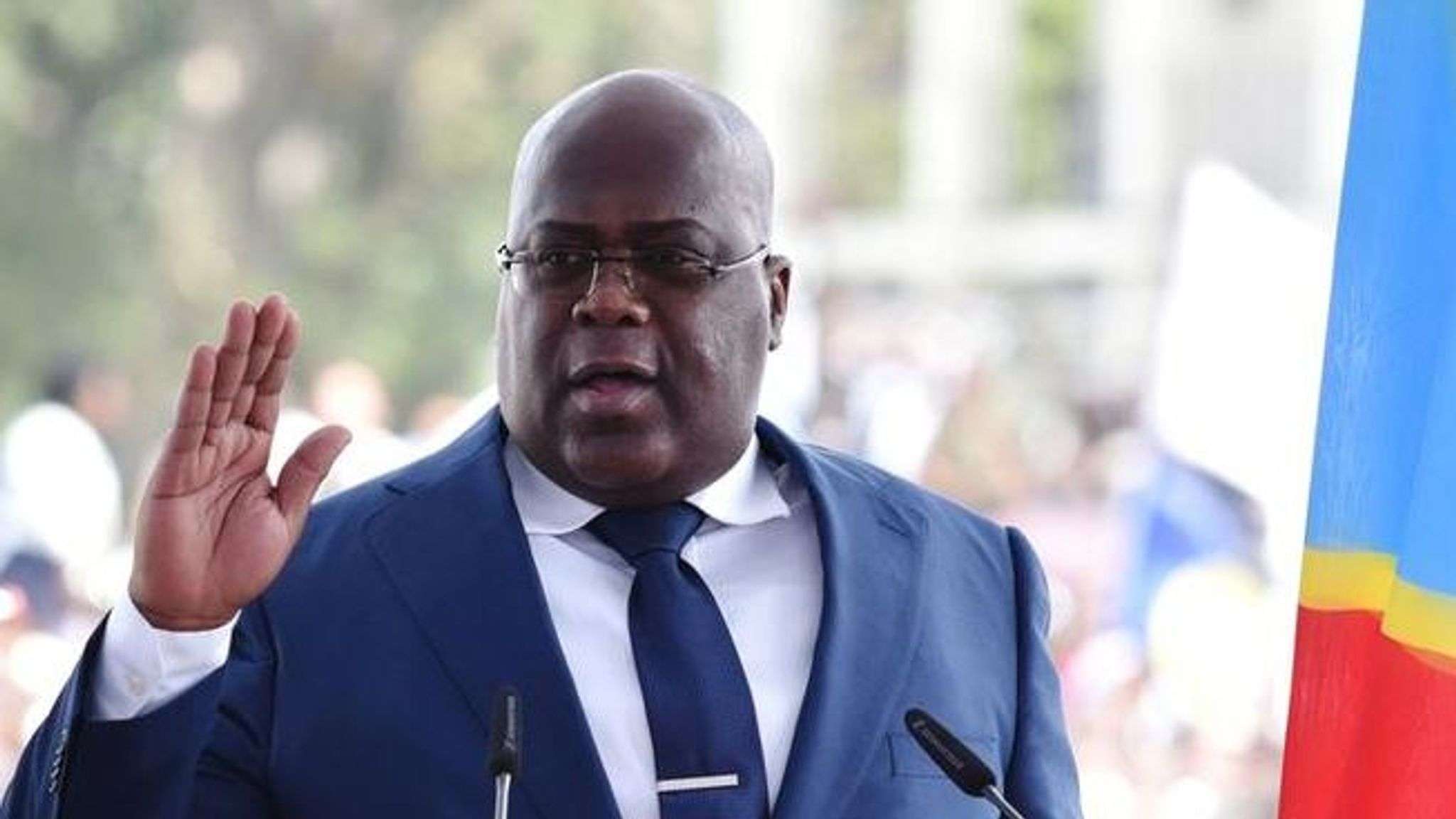
Since late 2021, M23 has seized vast territories in eastern DRC, further destabilizing a region already beset by violence and insecurity.
DRC Plagued By Conflict
The DRC has been mired in conflict for over 30 years, with its instability rooted in complex and long-standing issues, exacerbated by the involvement of numerous actors.
M23 is just one of many rebel groups active in the DRC’s troubled east, a legacy of a broader regional conflict that ignited in the 1990s following the fall of longtime dictator Mobutu Sese Seko.
In a recent interview with a Congolese radio station, Tshisekedi accused his predecessor, Joseph Kabila, of orchestrating an insurrection and aligning himself with the AFC. “The AFC is him,” Tshisekedi declared during the interview from Belgium, where he is currently receiving medical treatment.
This accusation against Kabila, who transferred power to Tshisekedi in 2019 after a contentious presidential election, adds another layer to the ongoing political tension in the DRC.
Several members of Kabila’s People’s Party for Reconstruction and Democracy (PPRD) have joined the AFC and are now facing the possibility of the death penalty as they await the outcome of the military court’s proceedings in Kinshasa.
READ ALSO: Concerns Raised Over Lack of African Sports in Olympic Games

